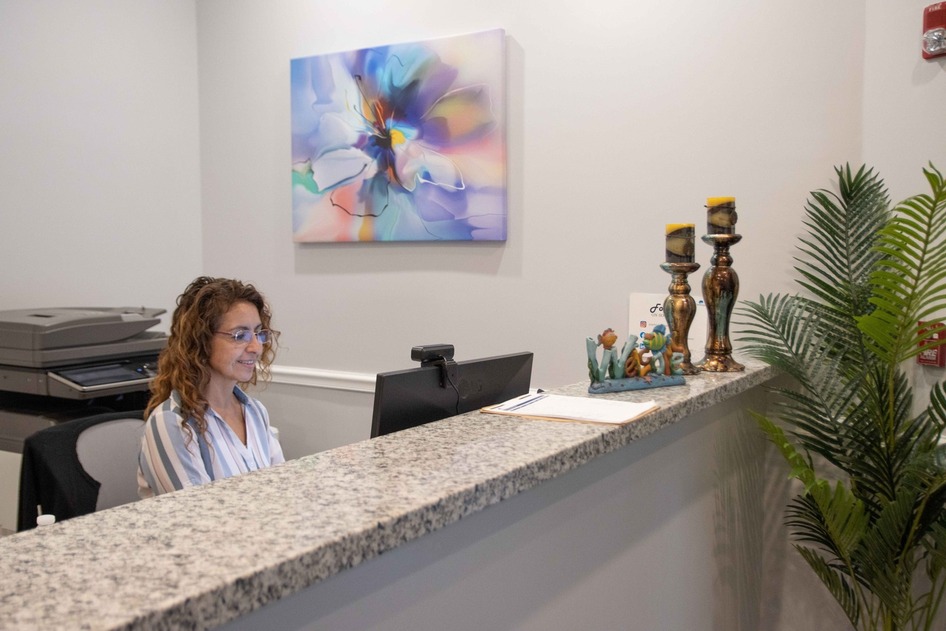How To Get Insurance To Pay For Psychotic Disorder Treatment Programs Around Georgia
When it comes to insurance claims, it is good to be proactive. First, make sure that you understand the ins and outs of your insurance policy, including the fine print. Know the details about your plan’s premiums, deductibles, copays, and any prior authorization requirements.
It’s also important to make sure that you keep all paperwork related to your insurance plan organized and on hand, including any communication that you have had with your insurance company. If your insurance provider refuses to pay a claim that you know your policy should cover, be prepared to appeal that decision using all the research and information you have gathered.
How To Pay For Psychotic Disorder Treatment Facilities Without Insurance Coverage?
If you are concerned about how to pay for a psychotic disorder treatment program without insurance, don’t be discouraged. There are many ways to procure alternative financing for therapy, including grants for mental health treatment, scholarships for mental health programs, or state-funded rehab in Georgia.
The Substance Abuse And Mental Health Services Administration (SAMHSA) website has a list of programs to promote behavioral health equity. Search their website for options related to government assistance for therapy. When investigating treatment centers or mental health providers, it is also worth asking if they provide financial aid for mental health therapy in the form of sliding scale fees or payment plans.












